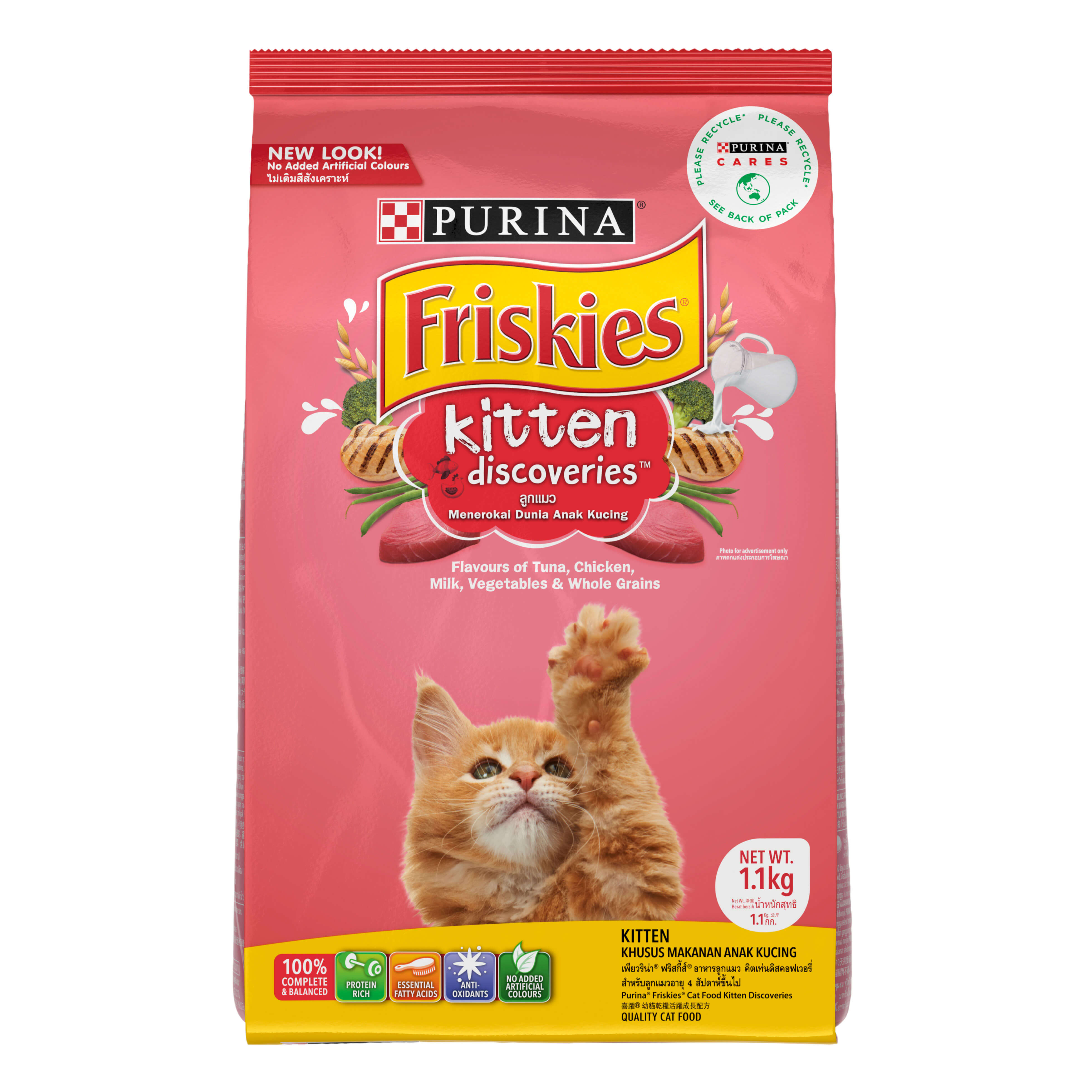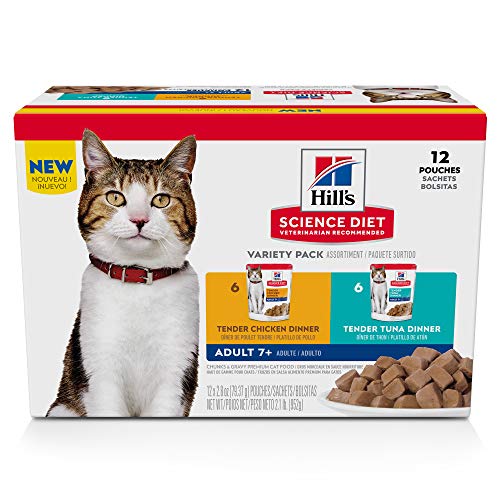
Soft Food for Kittens with Mouth Pain: A Guide to Comfort and Nourishment
Kittens are bundles of energy and curiosity, but when mouth pain strikes, it can bring their world to a halt. Oral discomfort in kittens can stem from various causes, making eating a painful ordeal. This is where soft food comes to the rescue, providing a gentle and nutritious solution. This article will delve into the causes of mouth pain in kittens, the benefits of soft food, how to prepare it, and essential care tips to ensure your little feline recovers quickly and comfortably.
Understanding Mouth Pain in Kittens
Mouth pain in kittens can manifest in several ways. Recognizing the signs is the first step toward providing relief. Common symptoms include:
- Reluctance to Eat: A sudden loss of appetite or hesitation when approaching food is a primary indicator.
- Drooling: Excessive saliva production can signal inflammation or irritation in the mouth.
- Pawing at the Mouth: Your kitten may rub or paw at their face in an attempt to alleviate discomfort.
- Vocalization: Whining, meowing, or hissing while eating or when the mouth is touched can indicate pain.
- Chewing Difficulties: Struggling to chew, dropping food, or favoring one side of the mouth are signs of oral discomfort.
- Bad Breath: Foul odor from the mouth can indicate infection or inflammation.
Common Causes of Mouth Pain
Identifying the underlying cause of your kitten’s mouth pain is crucial for effective treatment. Here are some common culprits:
- Gingivitis: Inflammation of the gums, often caused by plaque and tartar buildup.
- Stomatitis: A more severe inflammation affecting the entire oral cavity, including the gums, tongue, and cheeks.
- Dental Issues: Decaying teeth, abscesses, or broken teeth can cause significant pain.
- Oral Ulcers: Sores in the mouth, which can be caused by viral infections, immune disorders, or trauma.
- Foreign Objects: Splinters, small bones, or other objects lodged in the mouth can cause irritation and pain.
- Calicivirus: A common viral infection in cats that can cause oral ulcers and respiratory symptoms.
- Trauma: Injuries from falls, chewing on hard objects, or fights with other animals can lead to mouth pain.
The Benefits of Soft Food
When a kitten experiences mouth pain, soft food offers several advantages:
- Reduced Irritation: Soft textures are gentle on sensitive gums and tissues, minimizing further irritation.
- Easier Chewing: Soft food requires minimal chewing, reducing the strain on sore teeth or gums.
- Hydration: Many soft food options have high moisture content, helping to prevent dehydration, which is especially important if the kitten is reluctant to drink.
- Nutritional Support: Soft food can be formulated to provide all the essential nutrients a kitten needs for growth and healing.
- Medication Delivery: Soft food can be used to disguise medications, making it easier to administer them.
Choosing the Right Soft Food
Selecting the right type of soft food is essential for your kitten’s recovery. Here are some options to consider:
- Commercial Kitten Food (Wet): High-quality canned kitten food is readily available and formulated to meet the specific nutritional needs of growing kittens. Look for brands that use real meat as the primary ingredient and avoid those with excessive fillers or artificial additives.
- Prescription Diets: Your veterinarian may recommend a prescription diet specifically designed for cats with oral health issues. These diets are often highly digestible and formulated to reduce inflammation.
- Homemade Options: If you prefer to make your own soft food, consult with your veterinarian to ensure it provides complete and balanced nutrition. Options include:
- Pureed Meat: Cooked and pureed chicken, turkey, or fish (ensure all bones are removed).
- Baby Food: Unseasoned meat-based baby food (ensure it does not contain onion or garlic, which are toxic to cats).
- Blended Kitten Food: Dry kitten food soaked in warm water or broth and blended into a smooth consistency.
Preparing Soft Food for Your Kitten
Proper preparation is key to ensuring your kitten enjoys and benefits from the soft food:
- Consult Your Veterinarian: Before making any significant changes to your kitten’s diet, consult with your veterinarian. They can help determine the underlying cause of the mouth pain and recommend the most appropriate food.
- Choose High-Quality Ingredients: If making homemade food, use fresh, high-quality ingredients. Ensure that all meat is thoroughly cooked and free from bones.
- Blend to a Smooth Consistency: Use a blender or food processor to create a smooth, easily palatable texture. Avoid lumps or chunks that could cause discomfort.
- Add Moisture: Mix the food with warm water, broth (low-sodium), or plain yogurt to increase moisture content and make it easier to swallow.
- Warm the Food: Warming the food slightly can enhance its aroma and make it more appealing to your kitten. Be sure to test the temperature to avoid burning their mouth.
- Serve in a Shallow Dish: Use a shallow dish or plate so your kitten can access the food without straining their neck.
- Offer Small, Frequent Meals: Instead of providing one large meal, offer small, frequent meals throughout the day. This can help prevent overwhelming your kitten and encourage them to eat.
- Clean the Mouth After Eating: Gently wipe your kitten’s mouth with a soft, damp cloth after each meal to remove any food particles that could cause further irritation.
Additional Care Tips
In addition to providing soft food, consider these additional care tips to support your kitten’s recovery:
- Pain Management: Your veterinarian may prescribe pain medication to help alleviate discomfort. Follow their instructions carefully and administer the medication as directed.
- Oral Hygiene: Once your kitten’s mouth pain subsides, establish a regular oral hygiene routine. This may include brushing their teeth with a pet-specific toothbrush and toothpaste or using dental wipes.
- Monitor Water Intake: Ensure your kitten is drinking enough water to stay hydrated. If they are reluctant to drink, offer water in multiple locations or try a pet water fountain.
- Provide a Comfortable Environment: Create a quiet, comfortable space where your kitten can rest and recover. Avoid loud noises or sudden movements that could startle them.
- Regular Veterinary Check-ups: Schedule regular veterinary check-ups to monitor your kitten’s oral health and address any potential problems early on.
When to Seek Veterinary Care
While soft food can provide relief and support healing, it’s essential to seek veterinary care if your kitten exhibits any of the following:
- Severe pain that doesn’t improve with medication.
- Bleeding from the mouth.
- Difficulty breathing.
- Swelling in the face or neck.
- Lethargy or weakness.
- Refusal to eat or drink for more than 24 hours.
- Any other concerning symptoms.
Conclusion
Mouth pain can be a distressing experience for kittens, but with the right care and attention, they can make a full recovery. Soft food plays a crucial role in providing comfort, nutrition, and hydration during this challenging time. By understanding the causes of mouth pain, choosing the right type of soft food, and following essential care tips, you can help your kitten feel better and get back to their playful, energetic selves. Always consult with your veterinarian for diagnosis and treatment, and remember that patience and gentle care are key to helping your furry friend heal.

